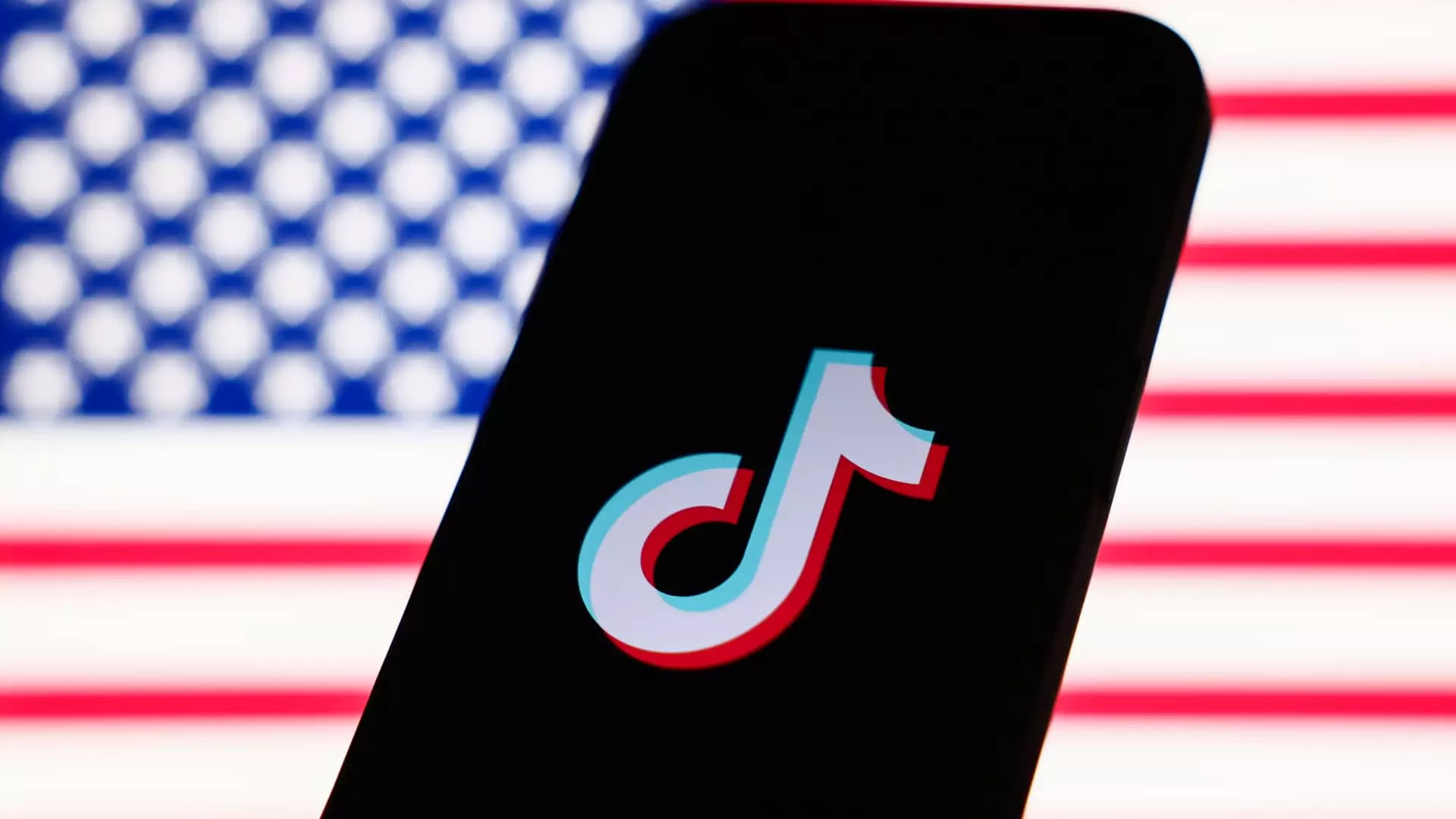The realm of social media is poised for yet another seismic shift as TikTok’s presence in the U.S. faces escalating turbulence. With potential regulatory actions looming, including a possible ban if the Supreme Court upholds stringent national security legislation, the question of whether TikTok’s parent company, ByteDance, might sell its American branch is irrefutably pertinent. The stakes are high, and the prospective price tag—between $30 billion and $50 billion—has drawn the attention of business magnates and analysts alike.
ByteDance’s Dilemma: To Sell or Not to Sell?
According to reports, ByteDance has not made any official announcements about divesting its U.S. operations. Nonetheless, the company is reportedly weighing numerous scenarios, one of which includes a bid from high-profile figures like Elon Musk, the owner of X (formerly Twitter). While speculation swirls, the reality remains: the Chinese government might influence ByteDance’s decisions, given the geopolitical tensions that have arisen regarding technology and data privacy. Musk has previously demonstrated aggressive investment strategies, making him a viable candidate if ByteDance opts for a sale.
The potential sale of TikTok’s U.S. operations comes against a backdrop of legal challenges and governmental scrutiny concerning data privacy and security risks associated with foreign-owned platforms. The national security laws, which could penalize service providers like Apple and Google for hosting TikTok, add pressure on ByteDance, raising the stakes considerably as the Sunday deadline approaches.
CFRA Research estimates the valuation of TikTok’s U.S. operations to reside between $40 billion and $50 billion, drawing from user engagement metrics and revenue projections. As of now, TikTok boasts about 115 million monthly mobile users in the United States, a formidable figure that positions it just behind Instagram. In contrast, competing platforms such as Snapchat and Reddit show significantly lower user counts, making TikTok one of the dominant players, at least in terms of user engagement.
However, it is worth noting that the previous valuation cited by analysts was over $60 billion, just months prior, indicating a downward trend influenced by the geopolitical landscape and shifting market dynamics. Angelo Zino of CFRA attributes this decline to “industry multiples coming in a bit,” which reflects broader economic uncertainties and the specific challenges facing TikTok. In essence, TikTok’s value is now perceived with caution as analysts reevaluate the platform’s financial outlook amid potential regulatory actions.
Envisioning a forced sale raises a host of challenges for ByteDance and potential buyers. Analysts at Bloomberg Intelligence peg the valuation of TikTok’s U.S. operations between $30 billion and $35 billion, emphasizing that this figure would be viewed as discounted due to the coercive nature of the sale. Consequently, acquiring TikTok would not only involve financial outlay but also navigating complex regulatory hurdles.
This presents significant implications for any buyer. The challenge lies in not only meeting the fiscal demands but also managing the scrutiny associated with data privacy issues that have been pivotal in the conversation surrounding TikTok’s operations. Furthermore, it may hinder any attempts to expand TikTok’s advertising business, which is vital for its profitability.
While a consortium led by billionaire Frank McCourt has expressed interest, stating they would consider an offer of up to $20 billion without the algorithms, the prospect of finding a buyer willing to scale the heights of both financial and regulatory obstacles looms large. Kevin O’Leary, associated with this consortium, highlighted their bid as being free from the complications that Musk might face, suggesting a more streamlined approach should they pursue acquisition.
TikTok’s future in the U.S. remains precarious, marked by a landscape of potential sales, fluctuating valuations, and the looming specter of regulatory scrutiny. As industry stakeholders watch closely, the fate of this digital giant may rest on how well it navigates these choppy waters.

